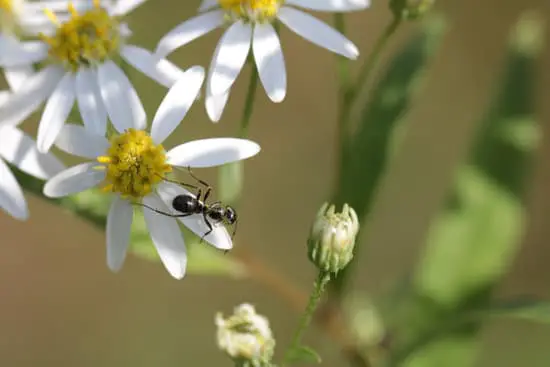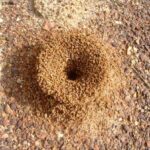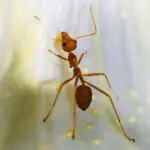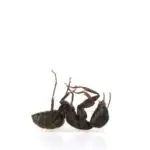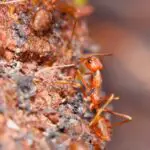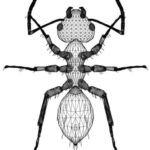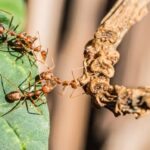What Do Ants Provide to the Ecosystem?
Whether you like them or not, ants play an important role in the ecology of the planet. Unlike other insects, they have a social structure that allows them to interact with other species. Moreover, they are very sensitive to environmental changes. They adapt to changes in the climate and respond quickly.
Among other things, ants help improve seed germination rates and transport seeds to more nutrient-rich habitats. In addition, they help aerate the soil, which is important for soil health. They excavate the soil to create voids, which improve air and water circulation.
Some species of ants create tunnels many feet deep into the ground. This helps aerate the soil and allow water to reach the roots of the plants.
Other species build shallower anthills on the surface of the soil. Some anthills are massive, with connected tunnels and chambers.
Ants are important because they provide food for many different organisms. They are also important for removing harmful pests from plants and insects. In addition, they contribute to the decomposition of organic material.
In addition to eating a variety of foods, ants are also important for aerating the soil. Ants create tunnels to aerate the soil, which is vital for healthy soil. Ants also destroy insect pests and other harmful insects.
These insects are also used as a source of protein in countries where entomophagy is common. They also act as a source of antioxidants, which can help protect the heart.
